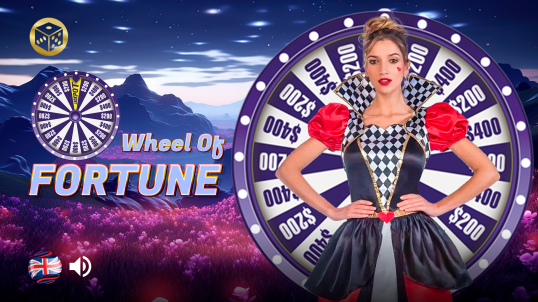Psychology influences the way we behave and think in everyday life. From how we interact with one another to how we react to specific situations, our minds dictate our emotions, feelings, and behaviours. The psychology of roulette is something that has been studied in detail, it can give players and operators a greater understanding of why players behave in the way that they do.
For operators, understanding the psychology of roulette is essential. It can give valuable insights that can be used to improve games and make them more attractive for players. Let’s take a closer look at what drives and influences player behaviour and discuss what this means for you as an operator.
The Power of the Wheel
Roulette, whether it’s live dealer roulette or a purely digital recreation, is one of the most popular and iconic casino games. It’s played across the world and has been a casino staple for hundreds of years.
The spinning wheel and flashing red and black colours have become synonymous with the casino experience, and the game can be seen in countless blockbuster films and hit TV shows. Roulette is deeply entrenched in popular culture and psyche; you’d be hard-pushed to find anyone who couldn’t immediately recognise and name a roulette wheel.
The power of this recognition should never be underestimated. It’s well documented that humans respond more positively to things that we’re familiar with, be that people, food, or casino games.
When studying the psychology of roulette, it’s important to note how the game’s worldwide reputation affects player behaviour. Players know and trust roulette, and they’ll be more likely to play it than other games they are unfamiliar with.
The Thrill of the Unknown
When the chips are down and the ball starts spinning around the wheel, there is an undeniable sense of excitement. This is a fundamental part of the psychology of roulette; no matter how many times a player has been in this position before, there is always a thrill when the ball starts spinning.
The brain enjoys activities where the outcome is uncertain, and it enjoys it even more when the outcome turns out to be a reward. This is why gambling is such a popular activity, and why games like live roulette have proved so successful for online casino platforms.
Competitiveness
Almost everyone is competitive to some degree. That could mean you enjoy sports and physical activities or playing online video games. Competing is natural human behaviour, and this competitive edge is an important factor when analysing the psychology of roulette.
With roulette, participants may compete with other players at the table, but in the main, they will be looking to beat the house. Beating the house is what gambling is all about. Players who prove themselves to be the exception to ‘the house always wins’ will undoubtedly return to the roulette wheel to try their luck again.
Patterns and Trends
The human brain is wired to spot patterns and trends everywhere, even in places where they don’t exist. We see shapes in clouds, faces on the moon, and give special significance to certain numbers.
The way in which humans think about patterns and trends is an important part of the psychology of roulette. Some players may have lucky numbers that they believe will prove to be winners more often, while others will have specific systems and tactics that they believe gives them an edge over the house.
When discussing the psychology of roulette, it’s important that we highlight the Gambler’s Fallacy phenomenon. The Gambler’s Fallacy is a psychological quirk that can give people false beliefs about sequences of events. A perfect example is a coin toss. If a coin is tossed nine times in a row, and lands heads every time, many people would assume that tails is more likely to appear next. This is incorrect. In reality, the odds remain exactly the same, with a 50/50 chance of either heads or tails appearing.
The Gambler’s Fallacy can be seen among roulette players as well. If the ball lands on red for an extended run, many players will hold the belief that the law of averages means that black will appear next, placing bets on black to try to win big. Again, this is a mistaken belief, the ball is just as likely to land on red again. Each spin is completely independent and is not influenced by what has happened before.
The Fallacy is a result of our difficulty grasping true randomness. We are so desperate to make sense of our experiences that we identify patterns and trends where they don’t exist. This is key when trying to understand the psychology of roulette and is a major factor in why the game remains so incredibly popular.
Conclusion
The gambling industry is changing all the time. However, it’s tried and tested games like roulette that still reign supreme. It’s vital that operators understand the psychology of roulette, it can help them learn why players love the game so much and what keeps them coming back for more.















